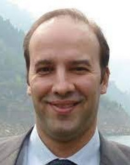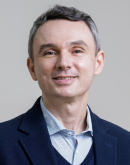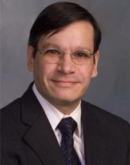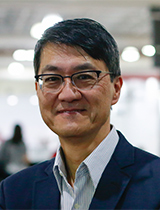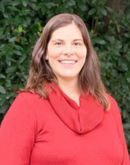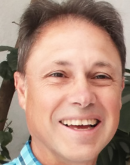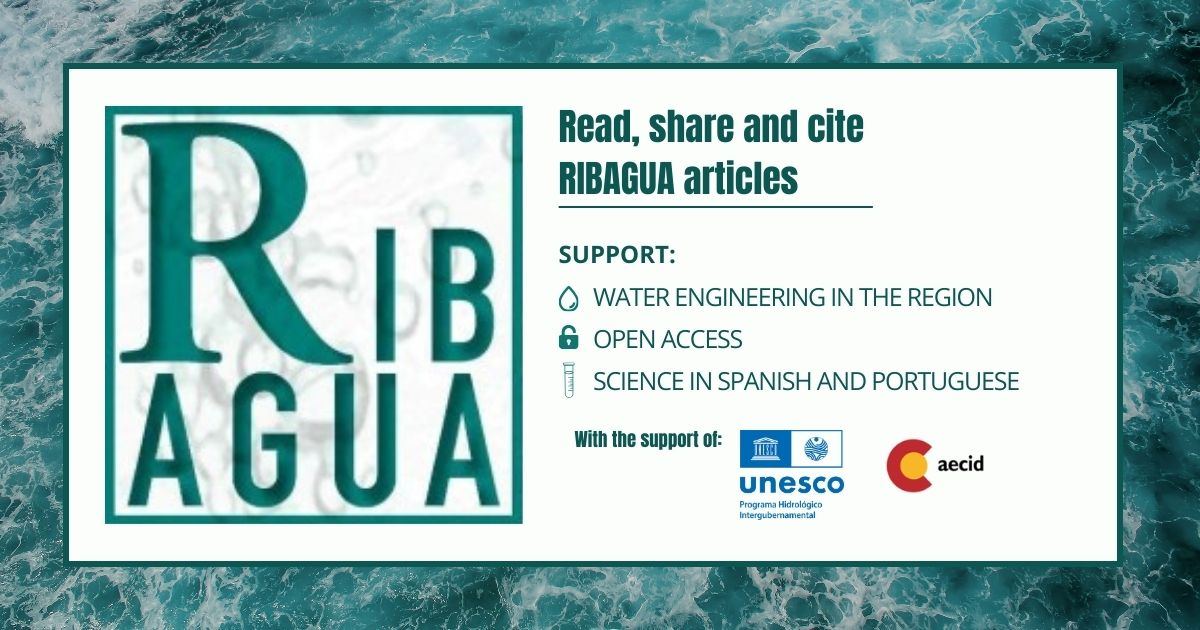Summary report of the RIBAGUA and Aqua-LAC webinar
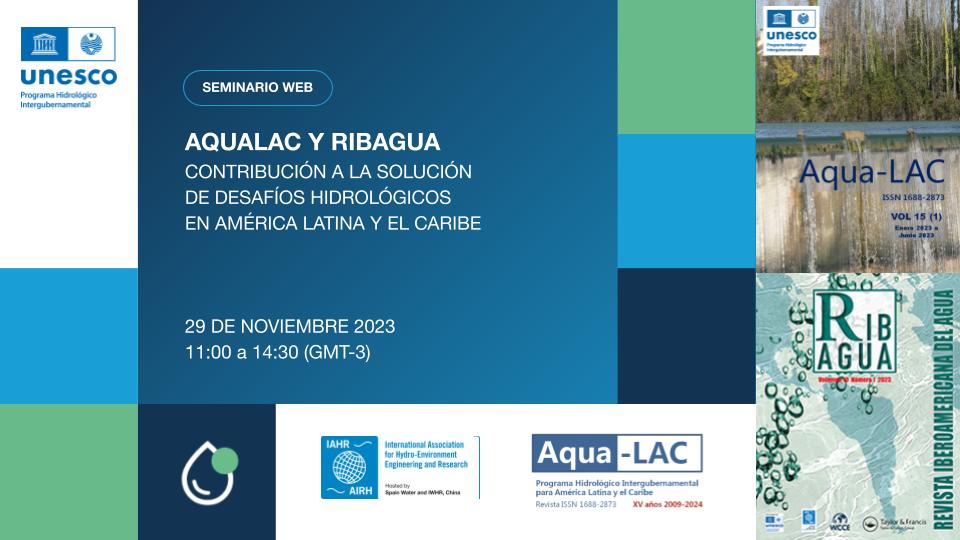
On November 29, 2023 a joint IAHR-UNESCO webinar was organized. The objective was to highlight the role of leading scientific journals in Spanish in order to respond to the water challenges in the region; specifically, by the two journals supported by UNESCO: RIBAGUA and Aqua LAC.
Summary
Eng. Miguel Doria, UNESCO Regional Hydrologist stressed that despite the efforts to raise the R+D activities in the region, only 0.7% of GDP is devoted to that purpose, and just a small percentage directly to research in water. Like in any other region in the world, climate change and demographic challenges are affecting Latin America, but what makes it different compared to other regions is the diversity and unique ecosystems, which make Latin America the paradise of research in water. Doria highlighted the contribution of both journals to expertise building and knowledge transfer.
Following the presentation of Doria, Prof. Jose Gilberto Dalfre Filho, President of the Latin American Division of IAHR (LAD) introduced the activities to the audience of more than 80 attendees. Dalfre Filho remarked on the commitment of LAD towards RIBAGUA.
The scope and statistics of the journals Aqua-LAC and RIBAGUA were discussed afterwards by their Editors in Chief and Prof. Fabian Bombardelli. Interesting aspects of the evolution of both publications were discussed.
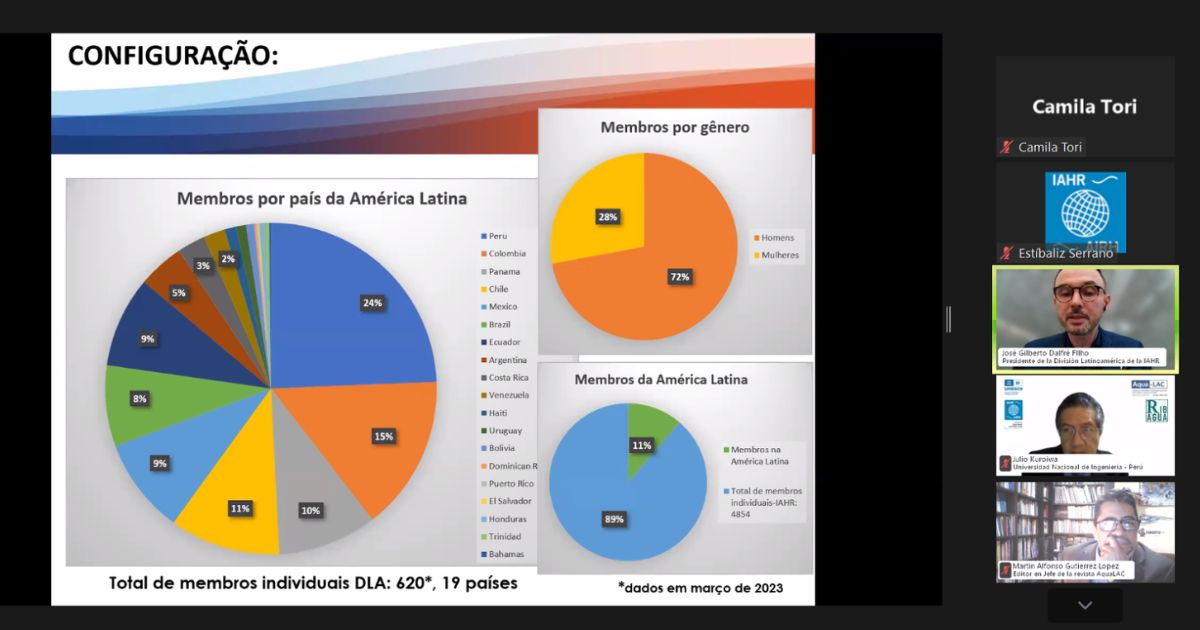 Then, technical presentations by prominent Latin American experts took place, masterfully moderated by Prof. Julio Kuroiwa, from the National University of Engineering, Lima, Peru, who also currently serves as Co-Editor of RIBAGUA. First, a Keynote Lecture by Prof. Ricardo Hirata, from the University of Sao Paulo, titled "Transboundary aquifers and lessons learned from the Guaraní Aquifer System project" was delivered. In that lecture, very interesting research findings were presented regarding one of the largest aquifers in the world, with tremendous implications for nations in the South Cone. Results covered important information related to the sustainable management of the aquifer.
Then, technical presentations by prominent Latin American experts took place, masterfully moderated by Prof. Julio Kuroiwa, from the National University of Engineering, Lima, Peru, who also currently serves as Co-Editor of RIBAGUA. First, a Keynote Lecture by Prof. Ricardo Hirata, from the University of Sao Paulo, titled "Transboundary aquifers and lessons learned from the Guaraní Aquifer System project" was delivered. In that lecture, very interesting research findings were presented regarding one of the largest aquifers in the world, with tremendous implications for nations in the South Cone. Results covered important information related to the sustainable management of the aquifer.
Four presentations followed, concerning papers recently published in RIBAGUA and Aqua-LAC. For the first journal, lectures by Prof. Monica Fossati, from the Institute for Fluid Mechanics and Environmental Engineering (IMFIA, Uruguay), and Prof. Angel Menendez (retired from the National Institute for Water, INA, Argentina). Prof. Fossati delivered a detailed account of the efforts at IMFIA into the development of a water-level forecast system for Rio de la Plata, which is operational (please see here). RIBAGUA feels pride in having published this nice piece of research, with ample relevance for the navigation and other studies in the water body. In turn, Prof. Menendez discussed recent studies for the dredging of the Parana-Rio de la Plata system, which is the route for the grain and meat exports of Argentina. It is given the enormous importance of such study which corresponds to one of the largest economic operations in the world regarding agricultural products. RIBAGUA is also proud of having published this study.
Prof. Evens Emmanuel, Vice-rector of Research and Innovation at Quisqueya University (Haiti), presented the highlights of the article “Characterization of hardness in the groundwater of Port-au-Prince. An overview on the health significance of magnesium in the drinking water”, published in Aqua-LAC. Water hardness has been reported to be related to cardiovascular diseases and the groundwater of the Metropolitan Area of Port-au-Prince (MAPP) is in contact with limestone layers, that are composed of Ca2+ and Mg2+, among other metals. As water hardness concentrations greater than 200 mg/L with magnesium concentrations less than 7 mg/L may cause health problems, an investigation was conducted in the MAPP. Water samples from a private well was extracted during the onset of the rainy season and were analyzed. It was shown that water hardness concentrations were higher than 200 mg/L and magnesium concentrations were below 7 mg/L, which may indicate a factor in the occurrence of cardiovascular problems in MAPP. Further investigation will follow in the near future.
Finally, Prof. Henrique Chaves, from the University of Brasilia, discussed the main issues and proposed measures to manage groundwater verexploitation of the Guarani Aquifer. This aquifer is shared by four countries. The article focused mainly in the Riberao Preto area in Brazil where the use of surface water from neighboring rivers, domestic and municipal rain collection, among others was proposed to reduce exploitation from the Guarani aquifer.
Public from different countries attended the webinar and were able to ask questions to the speakers.
